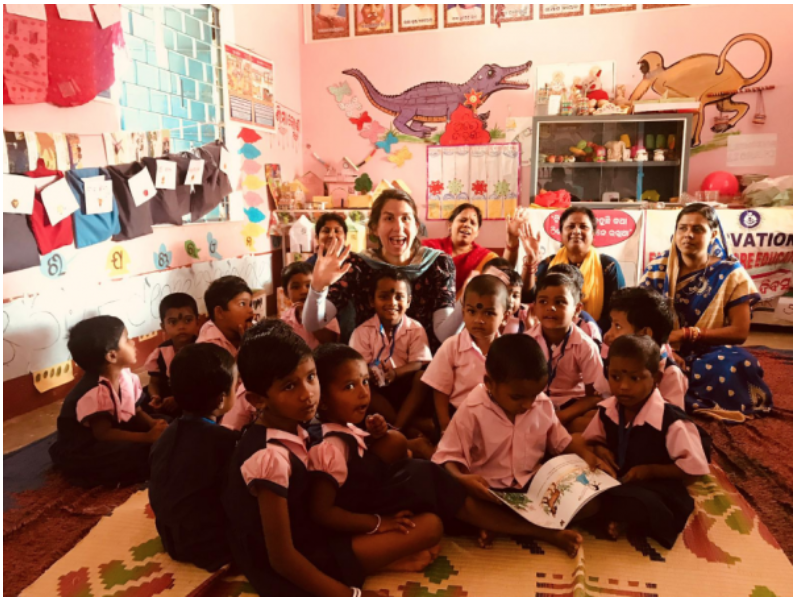
Pamela Jervis applies for membership in the Council of the Civil Society for Children
More information and to vote: HERE (deadline: March 24)
Validated by an accumulated experience of more than a decade in multiple national and international research projects that study and analyze the effectiveness of the design, implementation and evaluation of public policies, plans and programs on childhood topics, their optimal child development, as well as working with them and their families, Pamela Jervis, MIPP researcher and academic of Industrial Engineering, seeks to be part of the Council of the Civil Society for Children.
“Since my training as an economist, researcher and academic, my main area of study has been early childhood, and the role of its environment. My commitment has been to generate scientific evidence with an inter and multidisciplinary approach for the evaluation of childhood policies at a national and international level, in the search for promoting an optimal development and well-being of boys and girls ”, reads part of her presentation as a candidate to this Council.
In it, Jervis adds that during her professional career she has developed research in different contexts in Africa, Asia and America, in which she has verified in the field the harsh reality that boys and girls face to develop their potential, a situation that has been translated into scientific evidence disseminated in seminars, academic publications, international blogs and reports, among others.
“My main areas of study are household behaviour, early childhood human capital accumulation, inequality and the evaluation of social policies. The most relevant questions my research attempts to answer are for the benefit of early childhood and the family. Among them, what determines parental investment decisions in the development of abilities of children, and what are the mechanisms, if any, through which these decisions affect the formation and accumulation of human capital in children ”, defines the researcher, who has been a consultant for private and public institutions such as the World Bank, the Inter-American Development Bank, Jacobs Foundation, the Institute for Fiscal Policies, Oxford Policy Management, as well as different government ministries.
Bridge from academia
The role of the Council of the Civil Society for Children is to incorporate the public’s voice in the management cycle of public policies of the Undersecretary for Children on matters of children, and it is in charge of the strengthening of participatory public administration. The Council comprises representatives of three institutional types: Foundations, Corporations and / or NGOs, and the Academy and Community Advisory Council for Children.
“One of the main motivations for my application is to serve as a communication bridge between the concerns, suggestions and proposals of the public and the participatory public management of the Undersecretary of Children of the Ministry of Social Development and Family, regarding the National Child Policy”, says Jervis, adding that she also wants to actively participate in the monitoring and evaluation of the action plan of the different policies, plans and programs in matters of childhood, as well as making improvements that are pertinent to promoting public policies, plans and cost-effective programs, effective in childhood matters.
The above is supported by her research and experience through which she has observed that children from vulnerable sectors begin to exhibit lags at a multidimensional level in language, cognition, mental health and nutrition, stemming from the very first years of life, which generate a gap among boys and girls belonging to the 20% lowest and highest income brackets.
A gap that Pamela wants to help mitigate through her participation as an academic advisor to the Council.
“It is essential to address it, even more so in light of the negative effects of COVID-19. The optimal development of cognitive and socio-emotional skills is essential for future performance in a series of results, both for learning to speak, self-control and taking the first steps, in the short term, and in school performance and mental health, in the medium term, as well as long-term performance in the labor market and social behaviors ”, the academic assures, adding that her contribution to this Council will be her accumulated experience of more than 10 years in longitudinal and experimental studies that have generated high-level scientific evidence and impact, as well as her work as a professor in thesis supervision roles with a focus on childhood, gender and family, at the University of Chile.
MIPP Chile 2025